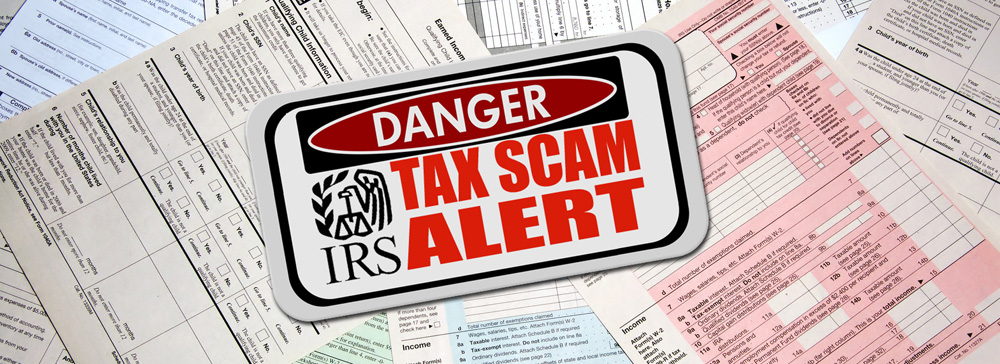Like an early sign of spring, the tax scammers and would-be defrauders are already spreading their evil lies all across the land. And this year, they’ve gotten an early start and seem worse than ever. The IRS says that phishing scams – using email supposedly from a trusted source to gain access to your personal information – has risen by a whopping 400 percent along with malware incidents last year.
This year will be worse, because of the new W-2 phishing scam. This is a play off the old ploy where a bad guy poses as a company’s CEO to get a wire transfer, only this also seeks for the employees’ W-2 forms. These contain all the information needed to steal the employees’ identities. The bad guy can use these to file a false tax claim and receive the refund that should go to the victim. (This is a very good reason to file as soon as possible.) Or he could sell them on the black market for as little as a mere $4 each.
Naturally, this sort of fraud is most effectively run against chain restaurants or stores or other large or widespread institutions. The IRS just issued a warning that this year that the scam is spreading far beyond corporations to strike at school districts, hospitals, and even non-profit organizations. Organizations receiving one of these scam email are asked to forward it to phishing@irs.gov with “W2 Scam” in the subject line, and should also file a complaint with the FBI’s Internet Crime Complaint Center (IC3).
Of course, this is not the only scheme out there to steal your money and information. Phone tax scams, leaving messages designed to terrify people into paying bogus fines under threats of imminent arrest have been going on for years now and are very widespread. Getting one of these can be quite terrifying but it is important to remember that the IRS assures taxpayers that they never call demanding cash – they always send mail first. Neither will they threaten with immediate arrest, deny the ability to question or appeal, nor ask for credit or debit card numbers. Do not give out any personal information on the phone to anyone making such demands, or even talk to them, for that matter.
Other scams the IRS is warning about are fake tax preparers (including some targeting real tax professionals). They even have advice for folks looking for free tax filing software. For more information on how to protect your hard-earned money from those not legally authorized to take, check the IRS website.

